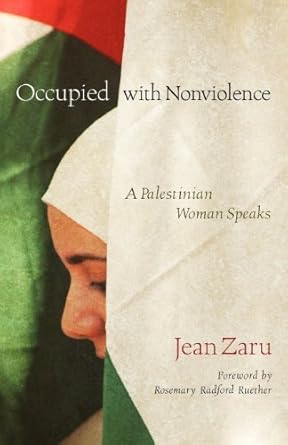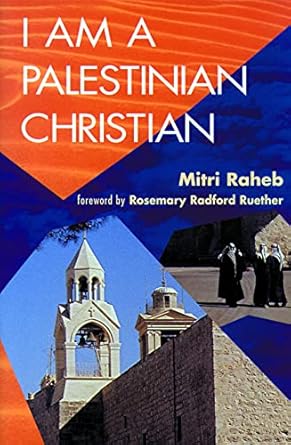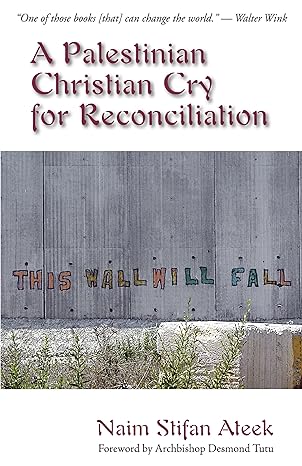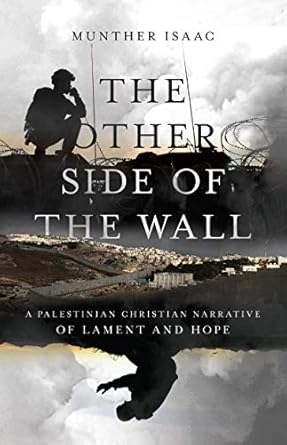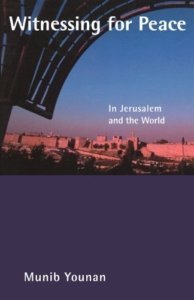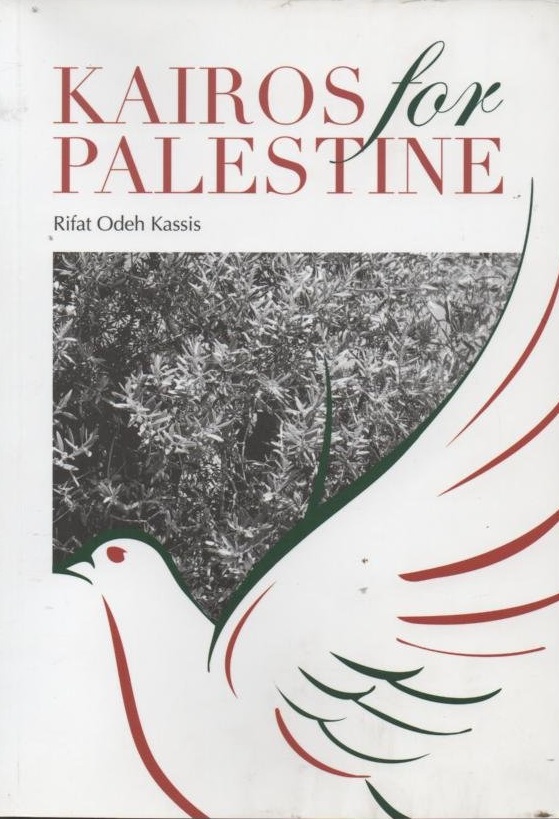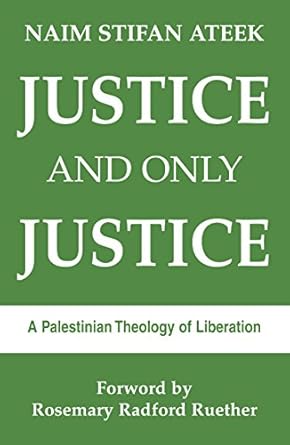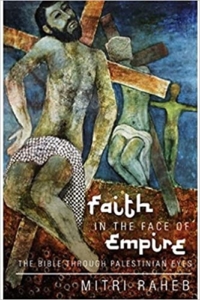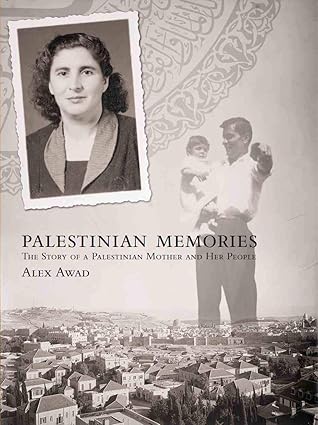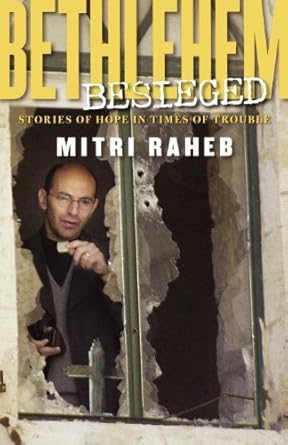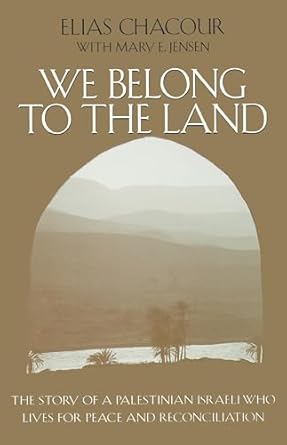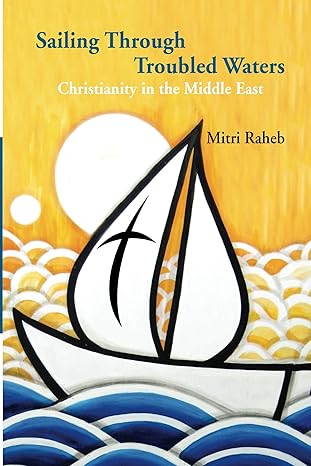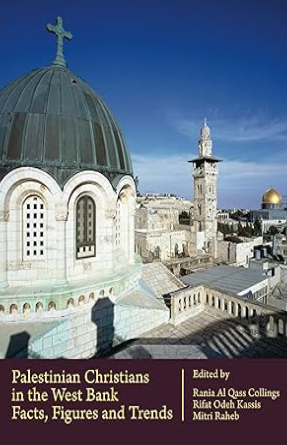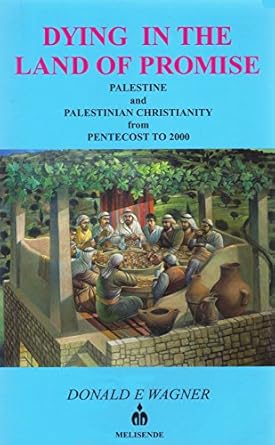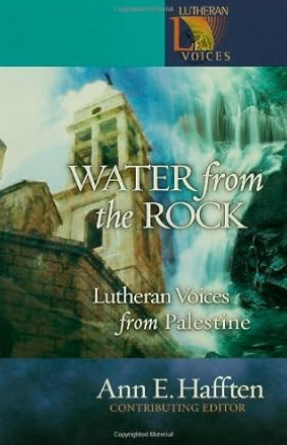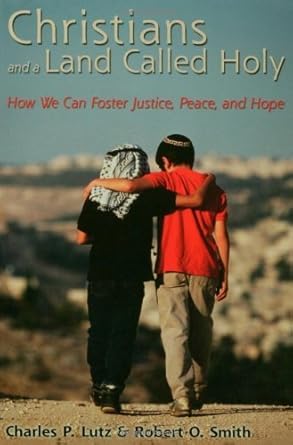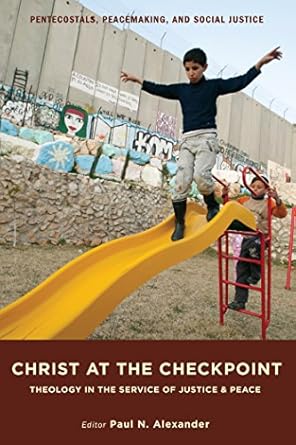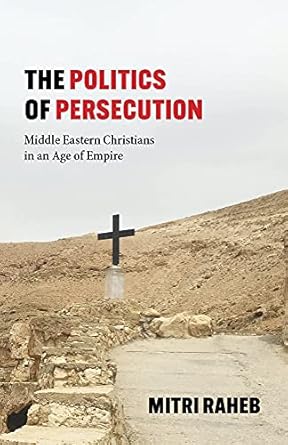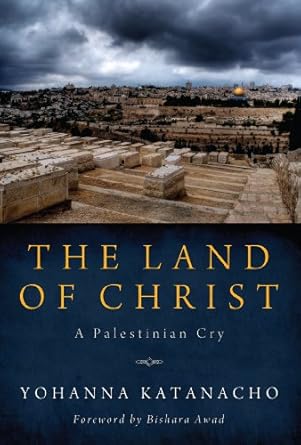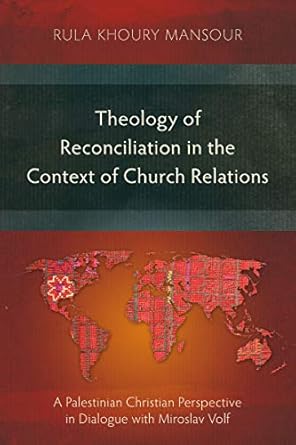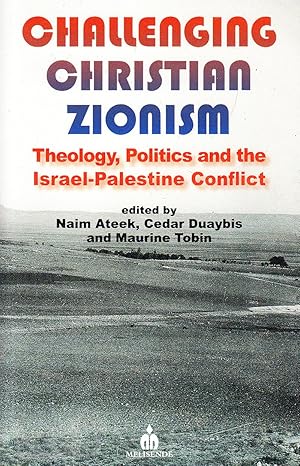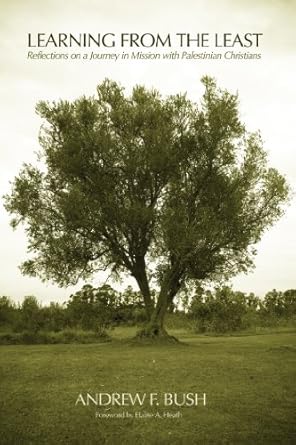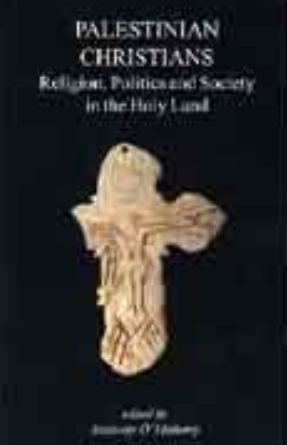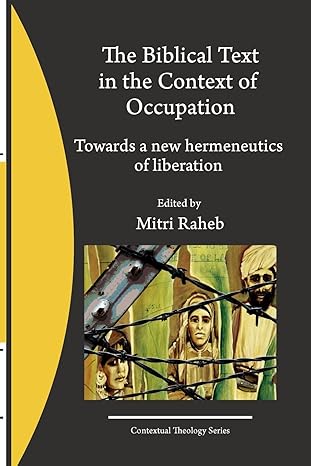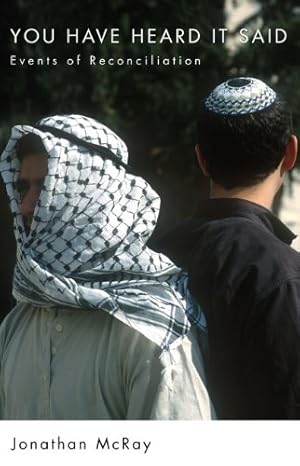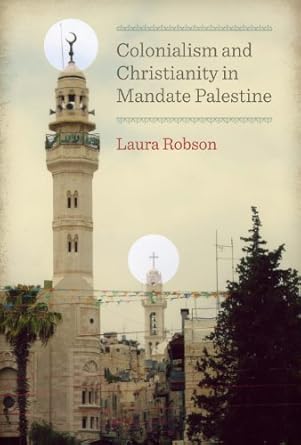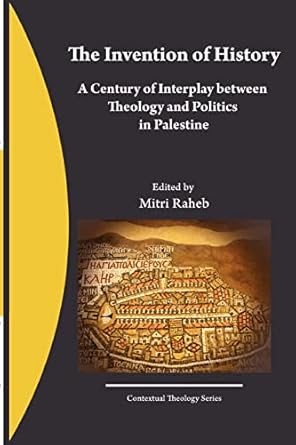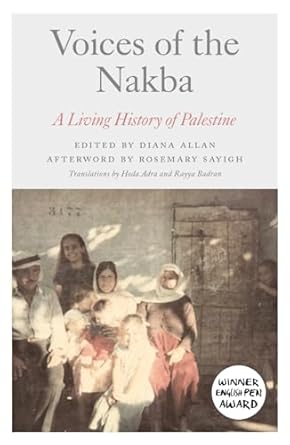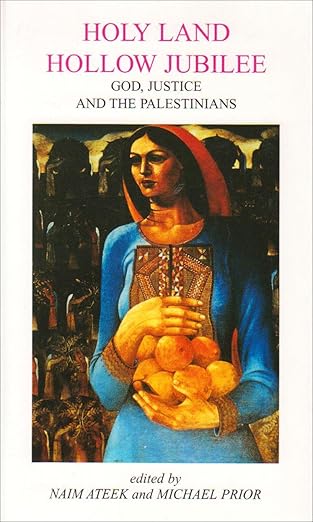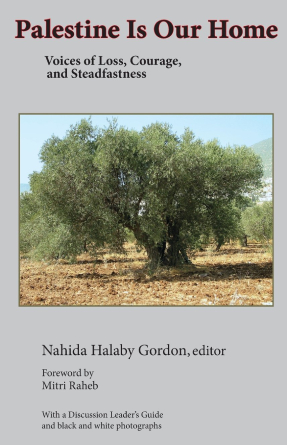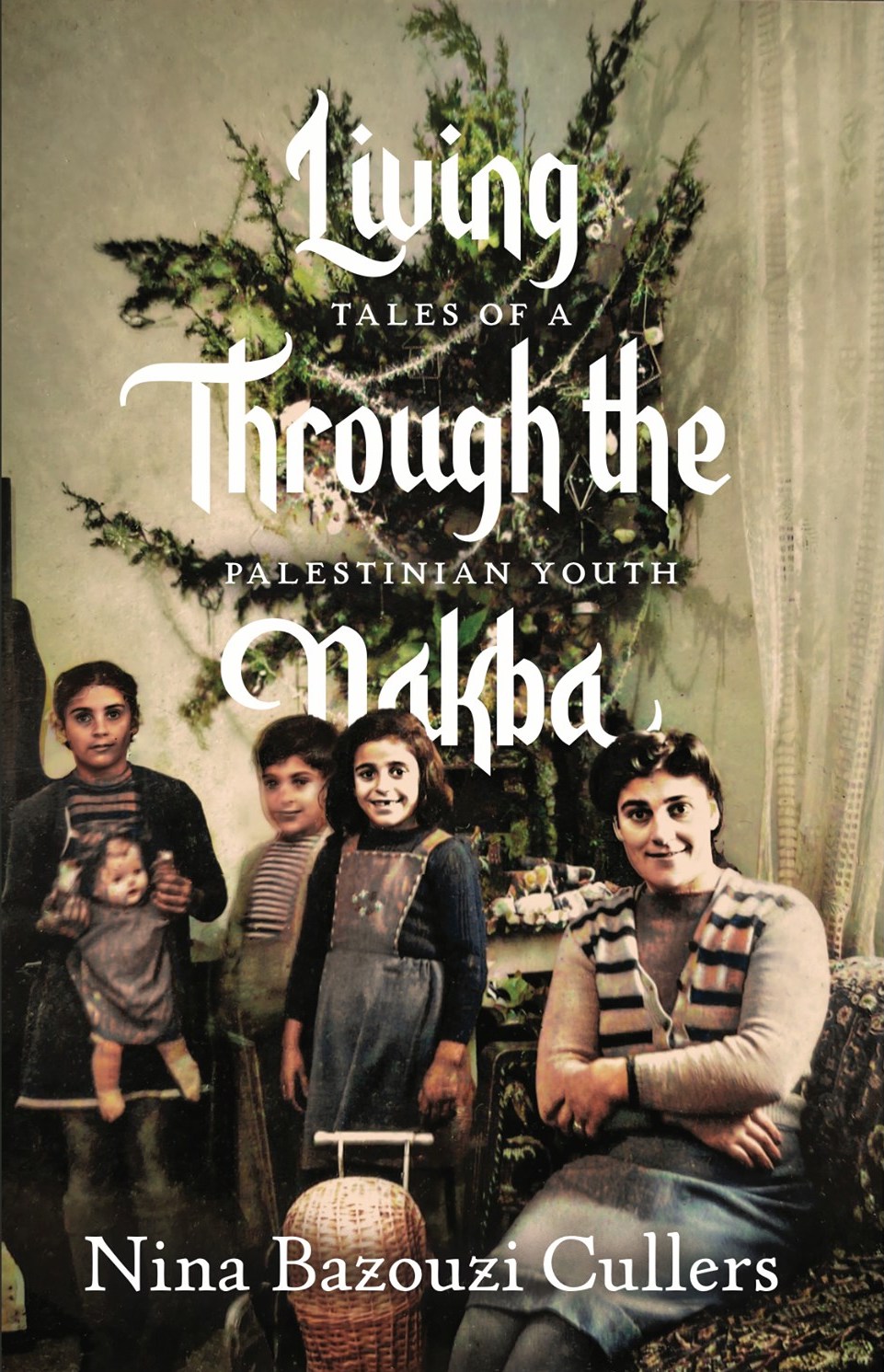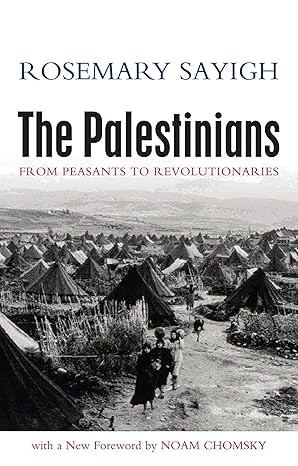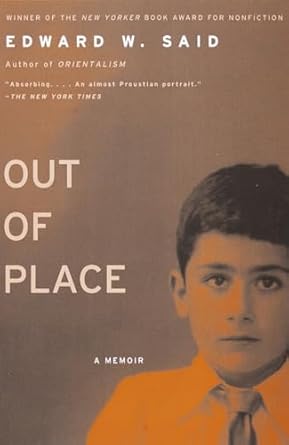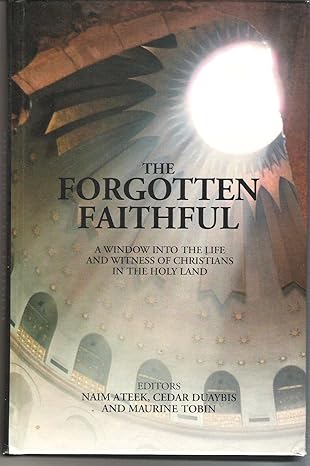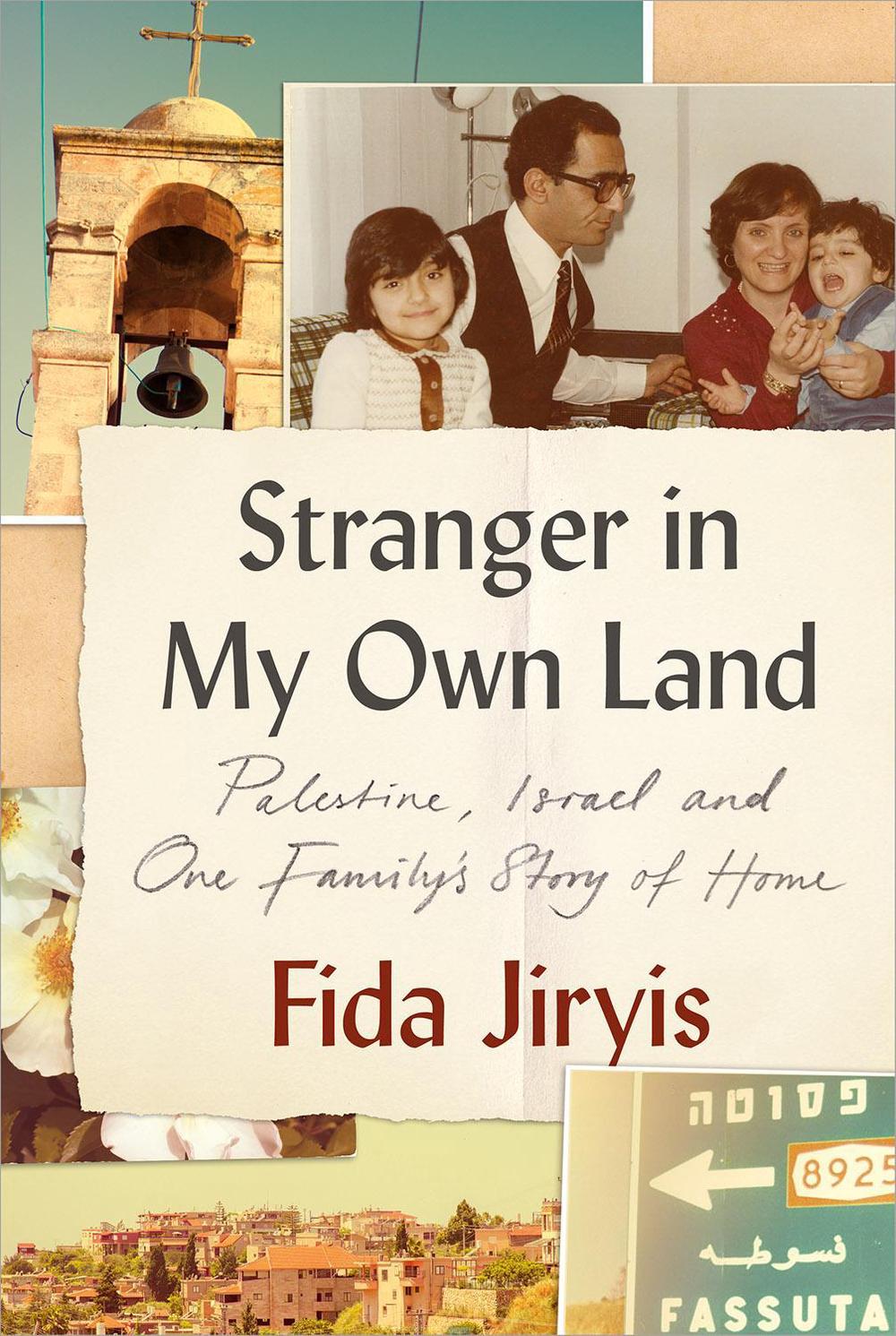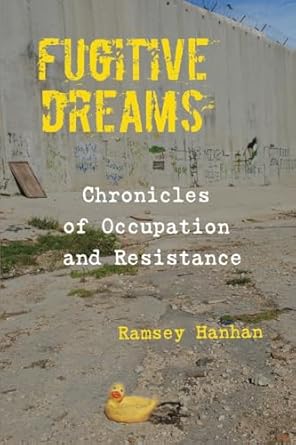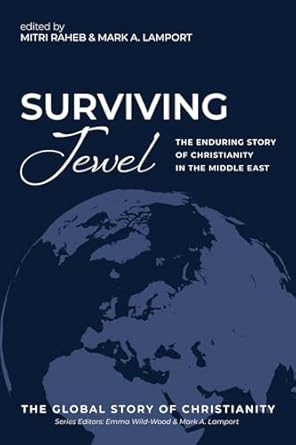This book is comprised of two distinct parts that take the reader on a journey from pre-British Mandate Palestine to modern day Palestine.
The pastor of Christmas Church, a Palestinian Lutheran congregation, Mitri Raheb here presents a powerful collection of compelling personal stories of desperation and hope in the midst of lethal conflict, bringing the Palestinian/Israeli conflict up close and personal.
Nominated several times for the Nobel Peace Prize, world-renowned Palestinian priest, Elias Chacour, narrates the gripping story of his life spent working to achieve peace and reconciliation among Israeli Jews, Christians, and Muslims.
It was in 1988 that Mitri Raheb was ordained Pastor in the Evangelical Lutheran Church of Jordan and the Holy Land and was installed as Pastor of the Evangelical Lutheran Christmas Church in Bethlehem after finishing his seminary studies and doctorate in Germany in Church History.
Dying in the Land of Promise presents the reader with two simultaneous narratives, the dominant of which is the story of Palestinian Christianity. By Donald E. Wagner.
Provides articles, commentary, and stories from prominent Lutherans living in the strife-torn land of Palestine. Explores what it means to be a faithful witness to the gospel in the midst of ongoing religious and social conflict. By Ann E Hafften.
Fair-minded and sympathetic to Jewish, Muslim, and Christian concerns, Charles P. Lutz and Robert O. Smith provide a clear account of the Israeli-Palestinian situation and a compelling plea for Christian involvement in the area.
By Paul Alexander. What does the evangelical church in Palestine think about the land, the end times, the Holocaust, peace in the Middle East, loving enemies, Christian Zionism, the State of Israel, and the possibilities of a Palestinian state?
By Naim Stifan Ateek
Persecution of Christians in the Middle East has been a recurring theme since the middle of the nineteenth century. The topic has experienced a resurgence in the last few years, especially during the Trump era.
By Yohanna Katanacho, Bishara Awad. Palestinians and Israeli Jews live in one land, yet as two distinct communities, each of which claims ownership of the same territory. How are we to understand the divine promise pertaining to the land? Did God promise the land exclusively to the Jewish people? Do the Palestinians have a right to live in the land, or does God want them to leave?
By Rula Khoury Mansour. Christians are called to be peacemakers in a world rife with conflict, but how should Christians respond when the source of strife is not outside the church but within it?
by Naim & Cedar Duaybis & Maurine Tobin (eds.) Ateek (Author)
By Andrew F. Bush, Dr. Elaine A. Heath With the majority of the world’s Christians now living in the non-Western world, Christian mission has become a global movement.
By Mitri Raheb. The book is the first comprehensive attempt to study and develop a hermeneutic of liberation in the context of the Israeli Occupation of the Palestinian land.
By Jonathan McRay and Salim Munayer.The Israeli-Palestinian conflict is constantly in the news, but what about the people who live through it? Their lives are often overlooked, their stories ignored.
Drawing on a rich base of British archival materials, Arabic periodicals, and secondary sources, Colonialism and Christianity in Mandate Palestine brings to light the ways in which the British colonial state in Palestine exacerbated sectarianism.
By Mitri Raheb. The book analyzes major theological trends and shifts of the twentieth century and focuses on the Interplay between Theology and Politics regarding Israel and Palestine.
By Diana Allan. During the 1948 war more than 750,000 Palestinian Arabs fled or were violently expelled from their homes by Zionist militias.
By Nahida Halaby Gordon. Within these pages are the memories of Palestinians – housewives, pastors, physicians, prisoners, professors, refugees, researchers, students, teachers, and university administrators living either in Palestine, refugee camps, or exile – who have suffered loss and yet have kept their identity as Palestinians and through perseverance have kept their culture vibrant and alive.
Nina Bazouzi Cullers was born in Jerusalem, Palestine, and lived in Bethlehem as a refugee after the Nakba. She is a graduate of the Lebanese American University and is currently living in the state of Virginia as a US citizen of several years.
As the Israel-Palestine conflict rages on, it is more important now than ever to understand the history of the Palestinian people. Rosemary Sayigh’s The Palestinians is a classic of radical history.
From one of the most important intellectuals of our time comes an extraordinary story of exile and a celebration of an irrecoverable past. A fatal medical diagnosis in 1991 convinced Edward Said that he should leave a record of where he was born and spent his childhood, and so with this memoir he rediscovers the lost Arab world of his early years in Palestine, Lebanon, and Egypt.
By Naim Ateek, Cedar Duaybis, Maurine Tobin.
After the 1993 Oslo Accords, a handful of Palestinians were allowed to return to their hometowns in Israel. Fida Jiryis and her family were among them. This beautifully written memoir tells the story of their journey, which is also the story of Palestine, from the Nakba to the present-a seventy-five-year tale of conflict, exodus, occupation, return and search for belonging, seen through the eyes of one writer and her family.
Fugitive Dreams is a slightly fictionalized literary memoir illustrating a sweeping 50 years of life under occupation through personal stories. Born in Palestine ‘on the “wrong” side of the border,’ Sameer finds his way to America to rebuild his life. His immigrant experience in post-9/11 America is laced to the ongoing conflict at home with the common threads of school shootings, police violence, human rights abuses, activism, and walls.
This introductory book details the history of the church in its Middle Eastern birthplace through the past two thousand years. It is a story described as “a lost history” by Philip Jenkins, but it is here uncovered and placed on display. For those with eyes to see, the church of the Middle East is here revealed as a precious jewel, still catching the light.
This book is comprised of two distinct parts that take the reader on a journey from pre-British Mandate Palestine to modern day Palestine.
The pastor of Christmas Church, a Palestinian Lutheran congregation, Mitri Raheb here presents a powerful collection of compelling personal stories of desperation and hope in the midst of lethal conflict, bringing the Palestinian/Israeli conflict up close and personal.
Nominated several times for the Nobel Peace Prize, world-renowned Palestinian priest, Elias Chacour, narrates the gripping story of his life spent working to achieve peace and reconciliation among Israeli Jews, Christians, and Muslims.
It was in 1988 that Mitri Raheb was ordained Pastor in the Evangelical Lutheran Church of Jordan and the Holy Land and was installed as Pastor of the Evangelical Lutheran Christmas Church in Bethlehem after finishing his seminary studies and doctorate in Germany in Church History.
Dying in the Land of Promise presents the reader with two simultaneous narratives, the dominant of which is the story of Palestinian Christianity. By Donald E. Wagner.
Provides articles, commentary, and stories from prominent Lutherans living in the strife-torn land of Palestine. Explores what it means to be a faithful witness to the gospel in the midst of ongoing religious and social conflict. By Ann E Hafften.
Fair-minded and sympathetic to Jewish, Muslim, and Christian concerns, Charles P. Lutz and Robert O. Smith provide a clear account of the Israeli-Palestinian situation and a compelling plea for Christian involvement in the area.
By Paul Alexander. What does the evangelical church in Palestine think about the land, the end times, the Holocaust, peace in the Middle East, loving enemies, Christian Zionism, the State of Israel, and the possibilities of a Palestinian state?
By Naim Stifan Ateek
Persecution of Christians in the Middle East has been a recurring theme since the middle of the nineteenth century. The topic has experienced a resurgence in the last few years, especially during the Trump era.
By Yohanna Katanacho, Bishara Awad. Palestinians and Israeli Jews live in one land, yet as two distinct communities, each of which claims ownership of the same territory. How are we to understand the divine promise pertaining to the land? Did God promise the land exclusively to the Jewish people? Do the Palestinians have a right to live in the land, or does God want them to leave?
By Rula Khoury Mansour. Christians are called to be peacemakers in a world rife with conflict, but how should Christians respond when the source of strife is not outside the church but within it?
by Naim & Cedar Duaybis & Maurine Tobin (eds.) Ateek (Author)
By Andrew F. Bush, Dr. Elaine A. Heath With the majority of the world’s Christians now living in the non-Western world, Christian mission has become a global movement.
By Mitri Raheb. The book is the first comprehensive attempt to study and develop a hermeneutic of liberation in the context of the Israeli Occupation of the Palestinian land.
By Jonathan McRay and Salim Munayer.The Israeli-Palestinian conflict is constantly in the news, but what about the people who live through it? Their lives are often overlooked, their stories ignored.
Drawing on a rich base of British archival materials, Arabic periodicals, and secondary sources, Colonialism and Christianity in Mandate Palestine brings to light the ways in which the British colonial state in Palestine exacerbated sectarianism.
By Mitri Raheb. The book analyzes major theological trends and shifts of the twentieth century and focuses on the Interplay between Theology and Politics regarding Israel and Palestine.
By Diana Allan. During the 1948 war more than 750,000 Palestinian Arabs fled or were violently expelled from their homes by Zionist militias.
By Nahida Halaby Gordon. Within these pages are the memories of Palestinians – housewives, pastors, physicians, prisoners, professors, refugees, researchers, students, teachers, and university administrators living either in Palestine, refugee camps, or exile – who have suffered loss and yet have kept their identity as Palestinians and through perseverance have kept their culture vibrant and alive.
Nina Bazouzi Cullers was born in Jerusalem, Palestine, and lived in Bethlehem as a refugee after the Nakba. She is a graduate of the Lebanese American University and is currently living in the state of Virginia as a US citizen of several years.
As the Israel-Palestine conflict rages on, it is more important now than ever to understand the history of the Palestinian people. Rosemary Sayigh’s The Palestinians is a classic of radical history.
From one of the most important intellectuals of our time comes an extraordinary story of exile and a celebration of an irrecoverable past. A fatal medical diagnosis in 1991 convinced Edward Said that he should leave a record of where he was born and spent his childhood, and so with this memoir he rediscovers the lost Arab world of his early years in Palestine, Lebanon, and Egypt.
By Naim Ateek, Cedar Duaybis, Maurine Tobin.
After the 1993 Oslo Accords, a handful of Palestinians were allowed to return to their hometowns in Israel. Fida Jiryis and her family were among them. This beautifully written memoir tells the story of their journey, which is also the story of Palestine, from the Nakba to the present-a seventy-five-year tale of conflict, exodus, occupation, return and search for belonging, seen through the eyes of one writer and her family.
Fugitive Dreams is a slightly fictionalized literary memoir illustrating a sweeping 50 years of life under occupation through personal stories. Born in Palestine ‘on the “wrong” side of the border,’ Sameer finds his way to America to rebuild his life. His immigrant experience in post-9/11 America is laced to the ongoing conflict at home with the common threads of school shootings, police violence, human rights abuses, activism, and walls.
This introductory book details the history of the church in its Middle Eastern birthplace through the past two thousand years. It is a story described as “a lost history” by Philip Jenkins, but it is here uncovered and placed on display. For those with eyes to see, the church of the Middle East is here revealed as a precious jewel, still catching the light.
“The way of a peacemaker is difficult. It requires deep forgiveness risking the friendship of your enemies, and begging for peace on your knees and in the streets.”
Elias Chacour, Melkite Greek Catholic Archbishop, The Galilee.

